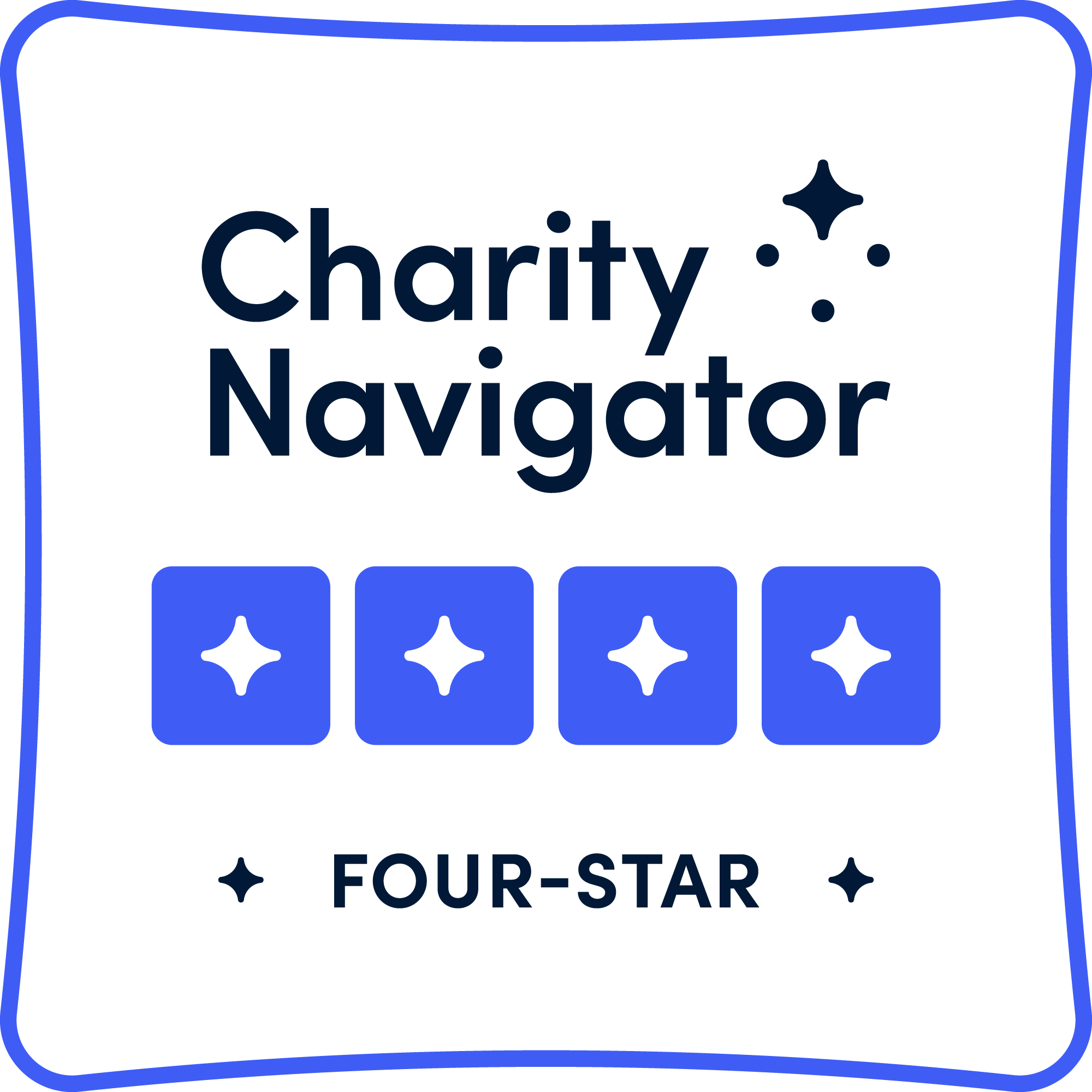2024 Summit in Review: Collaboration, Community, and Solutions for Florida’s Military Community
“The best way to serve our veterans and military families is [for all of us] to work together,” said Dave Woodruff, co-founder, and chief revenue officer, of the Bob Woodruff Foundation as we kicked off our third annual Bob Woodruff Foundation Summit.
Hundreds of private and public sector leaders, elected officials, military leaders, philanthropists, veterans, and service members gathered to discuss the challenges our nation’s service members and veterans face, to identify potential solutions, and strategize about how to move forward. The Summit was made possible with the support of craig newmark philanthropies and in partnership with the United Way of Broward County, CSX and Pendleton Whisky.
Dave Woodruff recognized the United Way of Broward County’s efforts to ensure that local veterans have access to resources and benefits they have earned. On behalf of the Foundation, Woodruff presented Kathleen Cannon, CEO of the United Way of Broward County, with a $25,000 grant to provide care for veterans and their families.
Cannon reminded guests that the Summit was “an opportunity to hear from national, state, and local experts about the work that is being done to lift up our veterans.” She introduced Bob Woodruff, ABC Correspondent and Co-Founder of the Bob Woodruff Foundation, who moderated the public leadership discussion, which included Congresswoman Debbie Wasserman Schultz and former Vice Mayor of Fort Lauderdale, Ben Sorensen. They spoke of the challenges that Florida’s military families face and set the stage for discussions throughout the day: state and national trends, stories of military transition, housing and homelessness, and the lingering effects of traumatic brain injury.
State and National Trends
Dr. Margaret Harrell, Chief Program Officer of the Bob Woodruff Foundation, led the State and National Trends panel. Panelists included John Boerstler, Chief Veterans Experience Officer, U.S. Department of Veterans Affairs; Colonel Al Carter, U.S. Army (Ret.) Chief of Staff, Florida Department of Veterans Affairs, Natalie Kelly, CEO of the Florida Association of Managing Entities; and Melissa Nelson, President, and CEO of United Way of Florida.
Florida has the third largest state population of veterans in the U.S. The needs of veterans there “are not different from those seen in most states” Nelson shared. The panelists discussed
- the aging veteran population and services they need;
- the growing veteran population in Florida and how best to connect them to services and programs; and
- the high cost of housing that is making it increasingly difficult for many to manage finances
Stories of Military Transition
Another challenge that veterans face after service is transitioning to civilian life. Stephen Moss, founding chair of Mission United of United Way of Broward County, is also a Vietnam veteran. He spoke about overcoming the difficult political climate veterans faced after returning home from their service after the Vietnam War. “There was no transition. There was no prep or anything to get ready for civilian life.”
Moss compared his transition to his daughter’s; she received an honorable discharge due to a disability. The backlog for disability payments at that time was six to 12 months. This meant veterans with disabilities were living without income for months. “That moment changed my life and my family’s lives forever,” Moss said. “We hoped someday we’d have an opportunity to help change the system. It’s easy to criticize, but let’s try to make it better.” Later, Moss, in collaboration with the local United Way, helped create a program for veterans struggling to re-acclimate to civilian life.
Lieutenant Colonel Duilia Mora Turner and Master Sergeant Owen Walker shared their experiences as first-generation Americans, while emphasizing the diverse backgrounds of those who have served. Turner noted that “we talk a lot about the systems that affect veterans. But we don’t talk about the community that uplifts us and combats it.” Turner’s comments underscored one of the Summit’s underlying aims: to encourage collaboration within the veteran-serving community with the goal of supporting service members, veterans, and their families.
Walker shared his belief that a stricter approach to transitioning may be helpful. He believes that the U.S. Department of Defense’s (DOD) course for transitioning should be mandatory. The DOD offers assistance for those who are entering civilian life. However, “a lot of soldiers don’t take that course [reintegrating into civilian society]. They turn their back on it.” Walker added that the DOD could have retired officers support transitioning service members.
Housing and Homelessness
Pablo Calvo, Data and Systems Analyst of United Way of Broward County, moderated the conversation on housing and homelessness. “Veterans are twice as likely as the general population to experience homelessness and spend almost twice as long in that period of homelessness,” he said.
Panelists — Ashley Lowery President and CEO, Homeless Empowerment Program; Janet Stringfellow President and CEO, Volunteers of America Florida; and Pye N. Young Managing Attorney, Bay Area Legal Services–highlighted the side of affordable housing that is not often apparent to the public. As service providers, they see veterans who are stuck in the homeless shelter system because they have nowhere else to go.
The panelists provided insights into veterans’ many challenges related to housing and homelessness, including:
- Vouchers do not guarantee housing. Finding landlords willing to accept vouchers is a challenge. Efforts focus on encouraging acceptance and understanding landlord reluctance toward HUD VASH vouchers. “Another issue, apart from the availability of vouchers, is the availability of those places where the vouchers can be used” says Young. She added that legal services can help by communicating between the veteran and landlord.
- A need for ongoing services once a veteran receives permanent housing. To maintain stable housing, you need to pay bills on time, respect landlords’ rules, and follow the terms and conditions of housing communities. Organizations must consider whether the veterans who move into permanent housing need additional services to ensure they are able to keep their housing.
According to Calvo, the panelists also highlighted “the importance of collaboration with different experts. [You] do not have to do everything alone. Work to your best skill set. Partner with other organizations that may have strengths in different areas.” Many attendees shared that the housing and homelessness panel was one of the most impactful. This is because housing is also one of the most pressing issues within Florida’s veteran community.
Effects of Traumatic Brain Injury
Dr. Michael Sorna, Medical Director at the Leon L. Haley Jr., M.D., Brain Wellness Program at University of Florida Health Jacksonville, hosted a discussion on brain injuries. According to Sorna, a veteran, he had “the privilege to serve for many years, but my wife and kids paid the bigger cost. [They] continue to serve. […] we think about the wars ending, but these struggles are not ending. In my work at University of Florida, I see over and over the cost that this is having.”
Sorna shared that the average medical record is 5,000 pages long. He explained that if he sees 15 patients in a day, there’s not enough hours to read it all. “We really need to do a better job about getting meaningful referrals and collaboration across specialties.”
Sorna’s team uses this model and their clinic, and it is proving to be successful for their patients. Sorna says, “the first time this patient sees their clinical team is in a conference room…” Sorna and his team use a holistic approach and bring different specialists together — psychiatrists, speech pathologists, neurophysiologists, music therapist. These specialists provide veteran patients with all their resources in one meeting. “It’s so much easier to tell their story one time than 12 times,” Sorna said. This approach synchronizes the various parts of treatment and support for a veteran to integrate into their ongoing support after a brain injury.
Sorna stressed the importance of collaboration. “If you have a service that you offer veterans, our case managers would love to know about that. There may be a deficit in what we can offer, and we’ll connect you. If you know somebody with [traumatic brain injury], contact us to partner together, because we must do this together.”
Power of Networking
The Summit was an opportunity for individuals and organizations to connect, share experiences, and come together. The goal was to find solutions to the challenges our nation’s military community faces.
Are you a veteran, service member or military family who’d like to know more about the programs and services discussed at the Summit? Or are you a veteran serving organization who wants to know more about the organizations that work in complementary areas? Visit our Got Your 6 Network Partner Directory.
If you’re an organization that would like to join the Got Your 6 Network, apply today.









